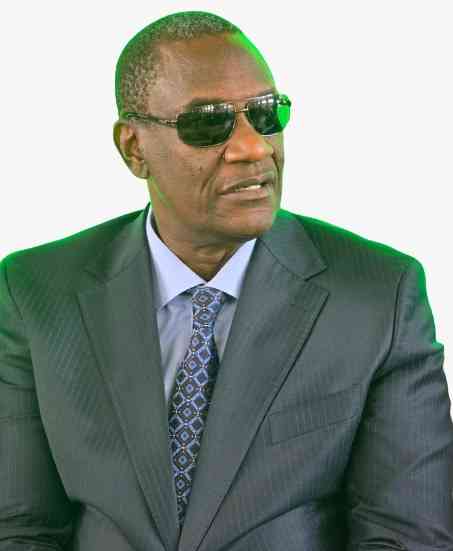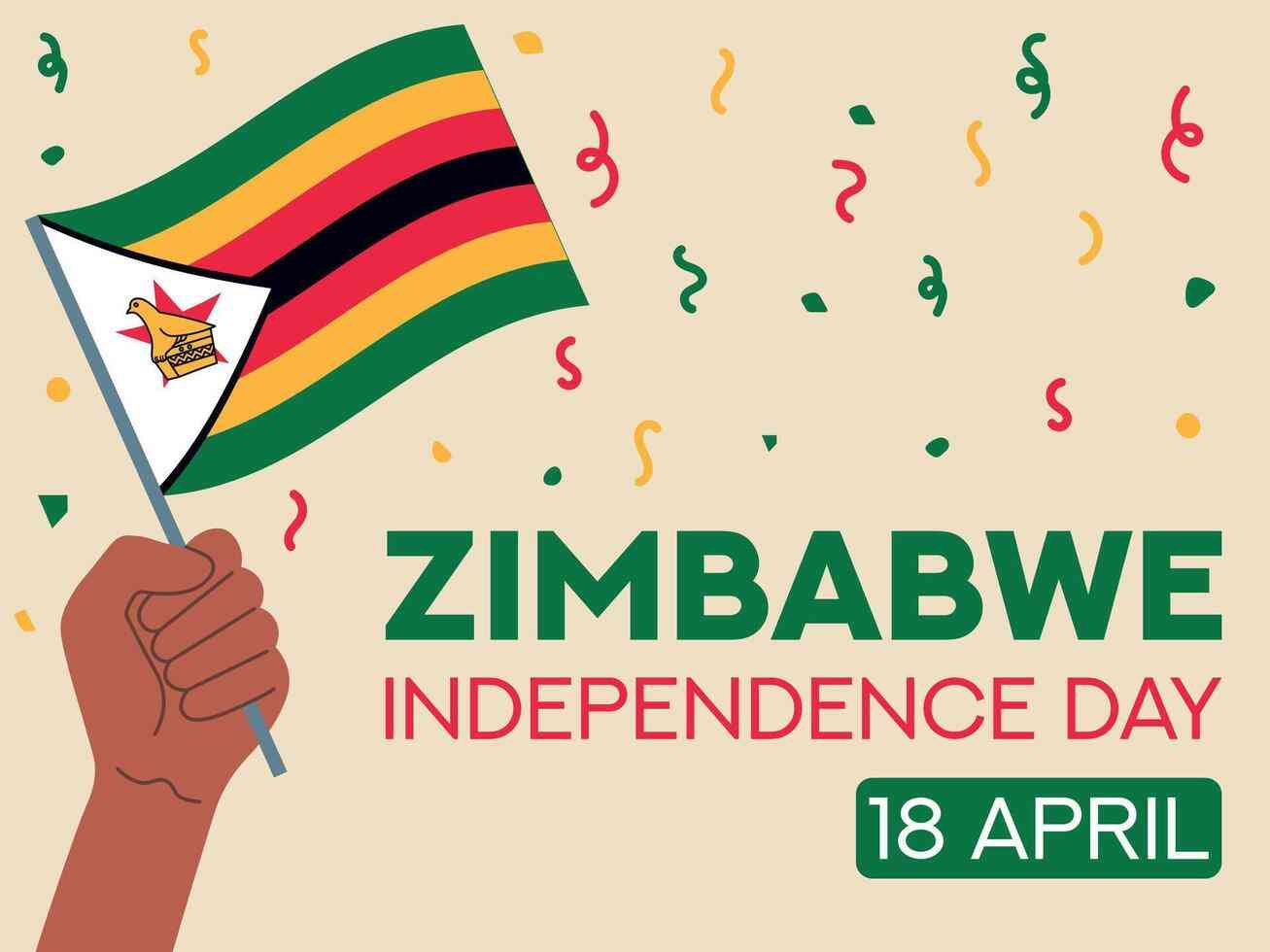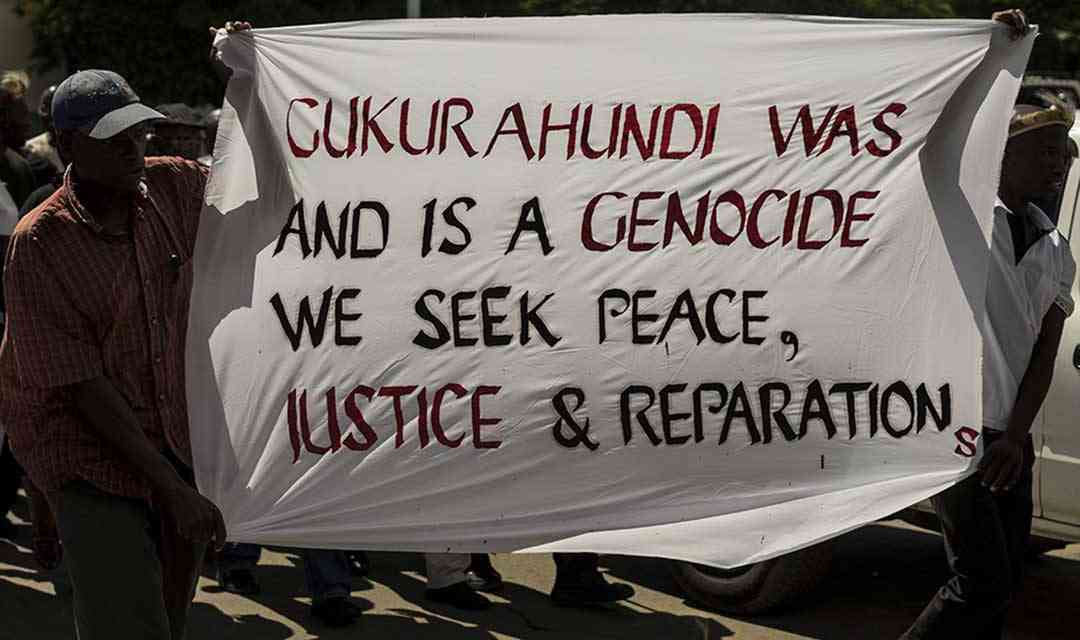
Hundreds of villagers, traditional leaders, and government officials converged at Chief Njelele’s homestead in Gokwe South last Sunday for the annual Mukwerera rainmaking ceremony.
The ceremony, deeply rooted in ancestral reverence, drew participants from across the Midlands, reinforcing the importance of preserving indigenous customs in a rapidly modernising world.
Through traditional songs, dances, and rituals, the community invoked the blessings of their ancestors for a fruitful agricultural season and renewed harmony among the people.
Midlands Provincial Affairs and Devolution minister, Owen Ncube, praised the initiative as a cornerstone of Zimbabwe’s cultural identity.
“It is part of our tradition and culture, and as the Government, we fully support it,” he said.
“We do this so that the rains may come, and we stop importing maize.
“Our customs are being restored, and the First Lady’s Gota/Nhanga initiative is also part of this drive to revive our traditions.”
Ncube said traditional ceremonies such as Mukwerera complement national agricultural goals by encouraging communities to value the spiritual and cultural dimensions of food security.
- Too young to marry: The secret world of child brides
- Chief sucked in woman disappearance case
- Too young to marry: The secret world of child brides
- Chief sucked in woman disappearance case
Keep Reading
Chief Njelele, the host of the event, underscored the generational importance of cultural continuity.
“This gathering is held every year to appease our ancestors and ensure adequate rains for our land,” he said.
“Such ceremonies must be preserved at all costs.
“Our forefathers practised this, and it is our duty to pass the baton to our children and grandchildren so our culture lives on.
“Everyone should go back to their roots and remain cultured.”
The ceremony was punctuated by the beating of drums, the rhythm of traditional dances, and heartfelt communal prayers.









